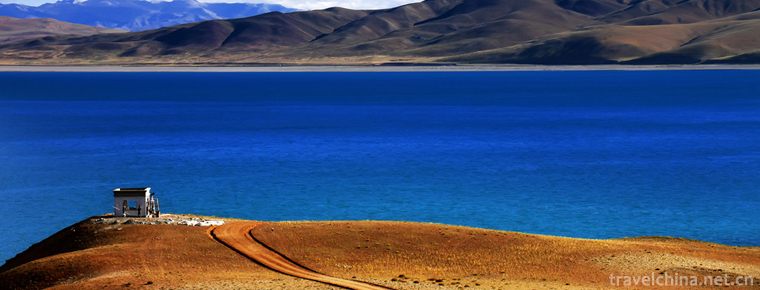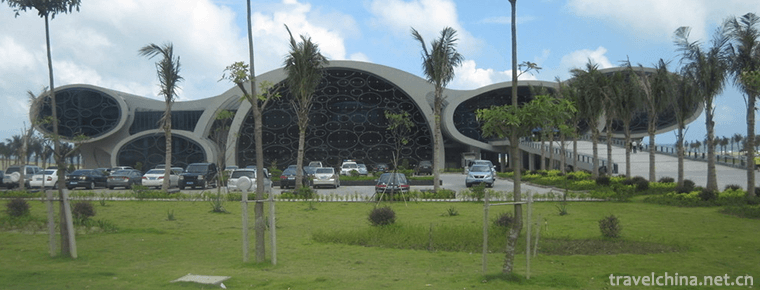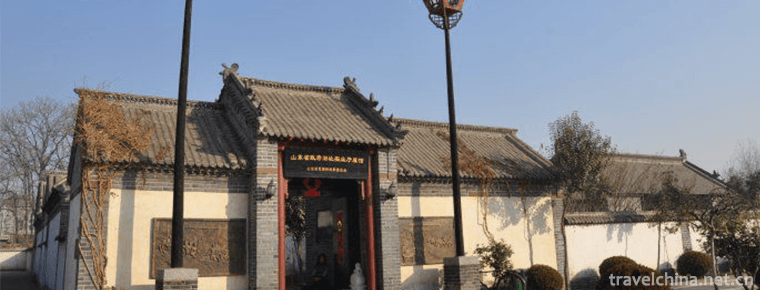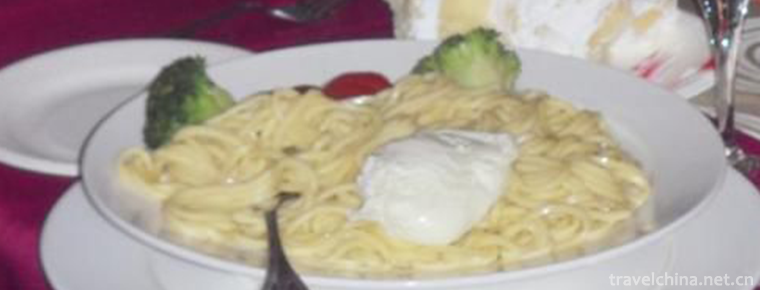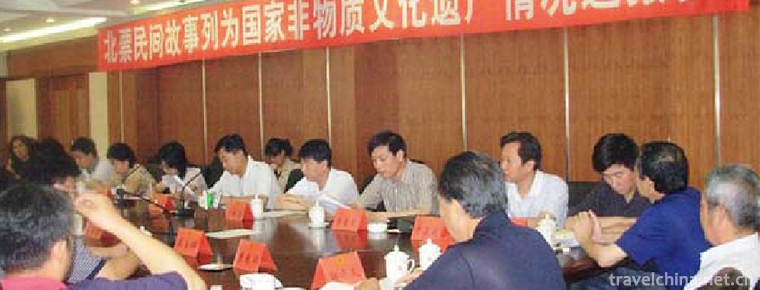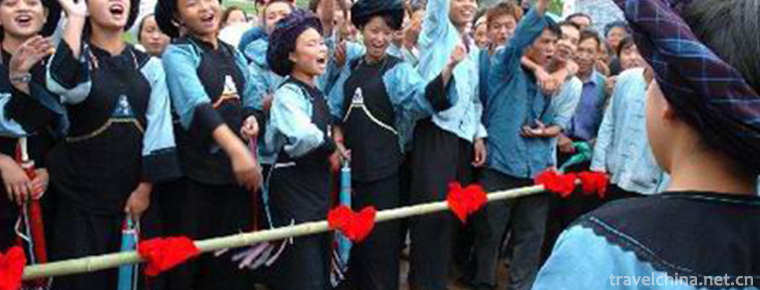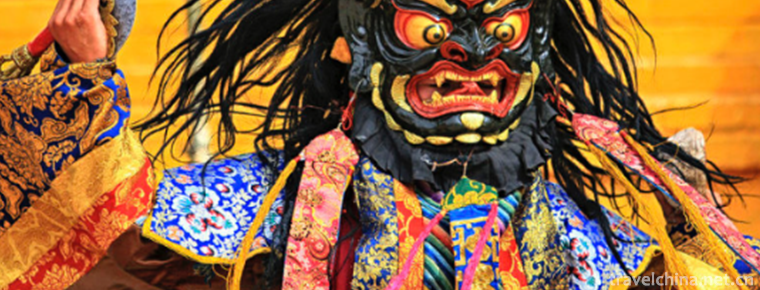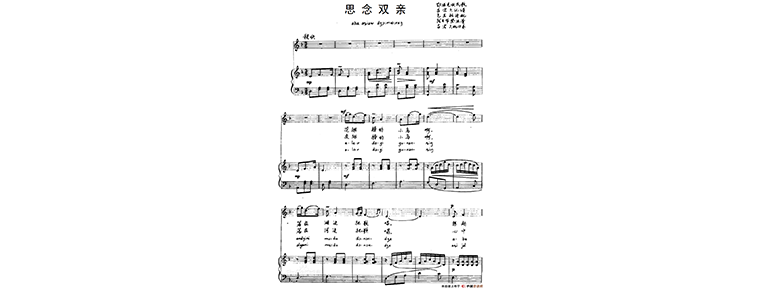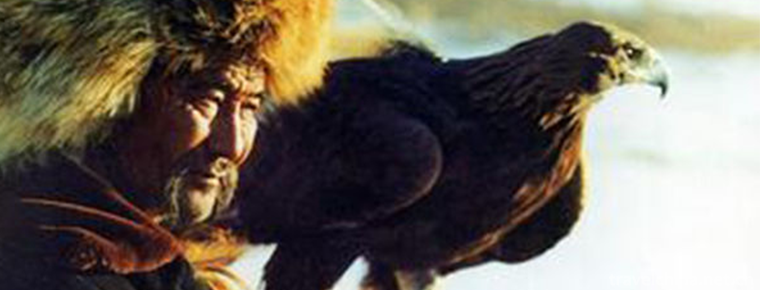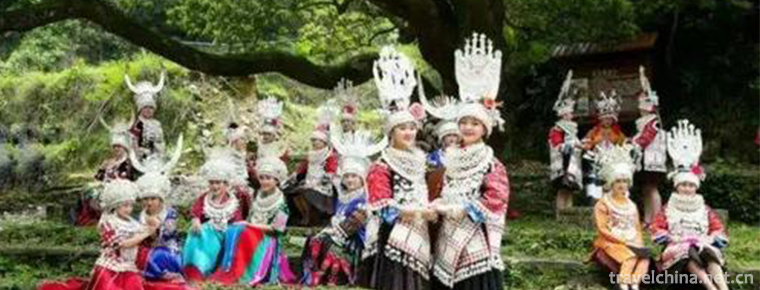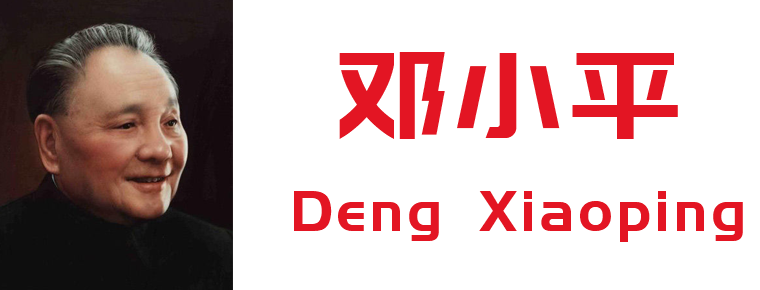Herbal tea
Herbal tea
Herbal tea is the general name of traditional Chinese herbal medicinal plant beverage. Guangdong herbal tea is the representative of traditional Chinese herbal tea culture. Herbal tea is a kind of beverage made from decocted water of Chinese herbal medicine, which is cold and can relieve human body's internal heat, in order to eliminate summer heat in human body, or to treat throat pain caused by winter dryness.
On May 20, 2006, herbal tea was approved by the State Council to be included in the first batch of national intangible cultural heritage. Herbal tea is neither cold nor tea. It is a kind of beverage commonly used in Guangdong, Hong Kong and Macao, which is made of compound or single native herbs. It drinks cold medicinal herbs and decocted water which can dispel internal heat, so as to eliminate the heat in summer or throat pain caused by dryness in winter. Herbal tea is a kind of beverage which has the functions of clearing heat and detoxification, generating body fluid and quenching thirst, dispelling fire and removing dampness. It is based on the local climate, water and soil characteristics, guided by the theory of health preservation of traditional Chinese medicine, and taken Chinese herbal medicine as raw material in the long-term process of disease prevention and health care. It has specific terminology to guide people's daily drinking, neither dose restrictions nor a list of doctor's instructions.
Initiation
Back to the history of China, one of the inventors of herbal tea is the ancestor of Chinese herbal tea Chengtang. Herbal tea is not tea but still called tea-tea. It refers to the plant drinks which have the same origin but have not been cured. The compatibility and processing of herbal tea and food, which have the same origin as the monarch, minister, minister, minister, minister, minister and minister, is also called Jiuding. It's the virtue of Ding Chengtang, the ancestor of Chinese herbal tea, whose military practice dates back more than 3629 years (before 1617 B.C. +A.D. 2012), and its secrecy measures are more than 3504 years earlier than that of Coke (= 3629 years or more - Coke). Le 125); Three Emperors and Five Emperors, pioneers of Chinese herbal tea inventors, whose one-sided (monarch) traces back to Xihuang's hometown; the history of herbal tea is more than 5000 years; this is also the historical heritage and truth of the same origin of medicine and food that the descendants of Yanhuang should know.
Herbal tea has a long history. In 306 AD, Ge Hongnan, a Taoist physician in the Eastern Jin Dynasty, came to Lingnan. Because of the epidemic of jaundice at that time, he was able to study various febrile medicine in Lingnan. Ge Hong's medical monographs and later Lingnan Wenpai doctors summed up the rich experience of the working people in the long-term process of disease prevention and treatment, and formed Lingnan Herbal Tea with profound cultural heritage. Its formula and terminology are handed down from generation to generation. The historical allusions and folklores about herbal tea have been widely spread in Lingnan and overseas, and have lasted for a long time. For hundreds of years, the herbal tea shops in Guangdong, Hong Kong and Macao have formed a unique scenic line of Lingnan culture in China. The unique and profound cultural connotation of herbal tea makes it have a lasting expansive force, which is an incomparable advantage for any beverage in the world.
The history of herbal tea traces back to the beginning of Shang Dynasty. Soup word from water from Fang. "Fang" means "dissemination" and "dissemination". "Water" and "Fang" unite to express "water" and "solution" that dissolves solid ingredients, which means: juice; (noun) decoction; soup, which is the most commonly used form of Chinese medicine, is called soup in ancient times, now called soup, folk called soup; herbal tea is not tea, but the soup made of Chinese herbal medicine; after the death of Shang Taizulu, his descendants boiled out of Chinese herbal medicine soup because of Chinese herbal medicine, The achievement of the Shang Dynasty, and commemoration of its great achievements, is respected as "Chengtang".
Prohibited prescriptions, precious prescriptions or other prescriptions; Huang Di called Lei Gong and said: This was forbidden by the former teacher, and the blood alliance of cutting the arm was also forbidden. Therefore, the Huangdi has the Tibet of Lantai, Changsang Jun has the precepts of catharsis or not, and the ancient sages are the same. As early as 1617 B.C., the original Tang said that the prescription of Huangdi, a traditional Chinese medicine boiled down by Shang Tang, is prohibited, and the ancestor's precepts require no catharsis, so it is not the son of Peng's family who is qualified to know it. The original Tang said that there are medicines here today, which is totally affirmative in tone, and there is nothing like that. It is wrong for the first translator to impose the word "if", which is echoed by many scholars and echoed by others. Since Shennong tasted hundreds of herbs and the three emperors and five emperors went to Shang Tang, such medicines (ears and eyes are clear when eating) have existed for a long time in Shennong Herbal Classic. Is it necessary to impose the word "if" when translating into vernacular?
The words "here" explain, here, so; the original text Tang said: Eat it, then ear Jiacong, eye Jiaming, then I must say (pleasure) and strong food - Yuan Zu Xuanyuan Huangdi advocated: not cure the disease, cure the disease, while advocating health preservation, health preservation, longevity, extension of life. Shang Tang inherited Huangdi's idea that the ear is not sick but wiser than the eye. The ear and the eye are not only referring to the ear and the eye, but also referring to the human body as a whole. The two words in this sentence indicate the causal relationship. Then, if you have heard or enjoyed the medicine, you will be forced to eat it now; if you have Yin, you really have someone; if you have medicine here, you really have medicine; this medicine is boiled out of Chinese herbal medicine. What's the meaning of Yiyin's solid medicine compared with the deficiency of medicine? The original soup said: Yiyin's husband is also in our country today, for example, good medicine is also good medicine - good medicine is the soup of Chinese herbal medicine boiled out. For example, take it as an analogy; for example, use the easy-to-understand things A to explain things B that are not easy to understand; for example, the original meaning of the oracle bone inscription analogy is the king concubine (equivalent to the subordinate word "Niu"), while the king concubine is in the meaning of "equal column" and "equal beauty". Li Ding changed the shape from "two delicacies" to "two comparisons", that is, from "two delicacies" to "equal ranks" and "same beauty"; Yi Yin, there are people indeed; there are medicines here, there are indeed medicines; "same beauty"; Tang Zheng "Tang Oath" was completed, Shang Tang, as usual, entrusted Yiyin, the teacher, to announce that the whole army was assigned a pre-cooked Chinese herbal soup with Tangding pot, one for each person; medicated soup instead of wine, to show concern; Yin Zhaozhao's speech points: follow the Dayu Prohibition Ordinance / Yuan Zu Xuanyuan Huangdi's advocacy of disease prevention, disease prevention, King's grace / encouragement...
After the three armies had finished drinking, their morale rose and they went straight to Xia Jie Army. Before Tang Zheng and Tang Oath Wars, Shang Tang adjusted and perfected the prescription of Bei Liang Tea, the pioneer of herbal tea. The emperor-minister support was unchanged and more adapted to the battle of Central Plains. After the founding of Shang Dynasty, Shang Tang adjusted and perfected Nan Liang Tea and Yangsheng Tea, and the emperor-minister support was unchanged. Later, Shang Tang improved and established the banned prescription of Jiuding Tang many times. Evidence shows that Lu You's poems in Song Dynasty have something to say; the history of herbal tea traces back to: originated from Shennong tasting herbs, Shennong I and Emperor Yandi lived in Baoji (Beiliang Tea Prescription); and radiated to two lakes (Nanliang Tea Prescription/Ancient Hunan, Hubei Pandemic Epidemic is more prevalent than Lingnan); Zhu Rongyan Di Si Nantu, this flower is no Fangzhu (Nanliang Tea Prescription); also originated from Shennong (Nanliang Tea Prescription); Emperor Yandi lived in Yanling County, Hunan Province (South Herbal Tea); derived from health-preserving tea, Yanhuang health-preserving prescriptions; on the eve of Zhuolu War, Emperor Yandi cooperated with Emperor Huangdi to complete their first prescription of herbal tea, the traditional Chinese medicine soup-tea prescription; its one-sided (monarch prescription) traces back to Fuxi; this is the historical inheritance and truth that the descendants of Yanhuang should know.
Development
Herbal tea has unique Chinese culture. "Baozhilin" has long been known at home and abroad for Huang Feihong; Wang Zebang, the founder of "Wang Laoji", is known as "Pharmacist", which is closely related to historical figures and events such as Empress Dowager Cixi, Hong Xiuquan, Taiping Army and Lin Zexu; and "Lingnan Pharmaceutical Valley" is well known for its location at the foot of Luofu Mountain in Lingnan, which has its own herbal medicine planting base and inherits the recipe of Daoist herbal tea founder Ge Hong. South. Baoji pills, a famous product of "Li Zhongshengtang" pharmacy both at home and abroad, are exported to Southeast Asia, the United States and Canada.
The technology of herbal tea preparation has been handed down from family to family for hundreds of years. During the Cultural Revolution, the herbal tea culture was seriously damaged. Not only did the herbal tea shops close down, but also there were few cultural relics such as making utensils, sites, relics, historical materials and photographs of herbal tea. However, the herbal tea culture remained in Hong Kong and Macao for a long time. Lingnan Yaogu, Jiaduobao, Hezheng, Guangbei, Wang Laoji, Shangqing Drink, An Fang, Jiansheng Tang, Deng Lao, Baiyunshan, Huang Zhenlong, Jinsai, Xu Qixiu, Chunhe Tang, Jinhulu, Xingqun, Runxintang, Shaxi, Li's, Qingxintang, Xinglin Chun, Baoqing Tang, Fuqing Tang, Huang Fuxing, and other 22 cold tea brands, as well as the cold tea culture they constitute, have gained populace's attention. It is widely recognized.
Herbal tea culture has a long history and a wide range of folk, recognized effectiveness, strict inheritance and tremendous hair effect, making it a "black horse" of the world's beverages. In 2006, the sales of herbal tea exceeded that of Coca-Cola in mainland China. In 2007, the production and sales volume reached 6 million tons, and the sales scope has covered the whole country and nearly 20 countries such as the United States, Canada, France, Britain, Italy, Germany, Australia, New Zealand and so on. Today, with the rapid development of industry, as an integral part of Chinese herbal tea culture, it has certain practical significance to protect and develop herbal tea culture.
Honor
At the end of 2005, herbal tea was selected as the national intangible cultural heritage. On May 28, 2006, Guangdong herbal tea was successfully listed in the first batch of national intangible cultural heritage protection list. Because herbal tea is a branch of traditional Chinese medicine culture and an important part of Lingnan dietary culture, the compulsory standard of national herbal tea is being studied, which will help to regulate the national herbal tea market. However, the reason why herbal tea culture has survived so far is precisely because of the tens of thousands of herbal tea in the streets and lanes. The state attaches great importance to the protection of intangible cultural heritage, and the compulsory standard is worth discussing.
According to the different effects of herbal tea, herbal tea can be divided into four categories.
1. Clearing heat and detoxifying tea is mainly suitable for people with internal heat and heavy fire. The representative medicinal materials are honeysuckle, chrysanthemum, Shanzhi, Huang Cen and so on. Drink in spring, summer and autumn.
2. Jiegan Tea is mainly used to treat external cold, wind-heat, cold and flu at four seasons. The representative medicinal materials are Radix Isatidis, which was sold at a high price during the period of SARS. This tea is suitable for all seasons.
Thirdly, Qingre Runzhang Tea especially suggests that this kind of herbal tea is especially suitable for autumn. It has good medicinal effects on dry mouth, dry tongue and cough. The representative medicinal materials are Salvia miltiorrhiza, Yuzhu, Longli leaves, winter wheat, snow ear and so on.
4. Clearing heat and removing dampness tea is for people who have heavy dampness and heat, big breath and yellow and red complexion. Representatives of medicinal materials are honeysuckle, chrysanthemum, cotton Yinchen, Tufuling, etc., suitable for drinking in summer.
Matters needing attention
1. Don't drink overnight herbal tea
In the past, many people would put herbal tea materials into large pottery teapots with handles before going to bed at night. After soaking overnight, it was especially cool, and the next day the family could drink for a day. In fact, it is unhealthy to do so. Don't drink any tea overnight, even if you use purple sand teapot.
2. Herbal tea can be boiled and soaked.
At first, the ancients drank tea by boiling it in a kettle, which is roughly the same as today's Decoction method. In the Song Dynasty, with the popularization of tea tasting, the method of frying tea was transformed into the method of making tea directly into tea bowls and boiling water today. Herbal tea can also be brewed directly, but because the ingredients of herbal tea are more special than the "tea material" in the usual sense, most of them have the efficacy of nature, if boiled, it is easier to play its role.
The most suitable container; glass pot, porcelain bowl, tea cup can be, but from the best point of view of the medicinal properties of tea, or that kind of ancient pottery pot with mud cover is the most appropriate. One is not harmful, the other is not bad, the third is more than other containers to prepare cooling effect, poured out of the tea is cold and refreshing.
3. You can't drink herbal tea in a hurry.
Although herbal tea only takes 5 to 10 minutes to boil, it takes half a day to drink it when it gets cold. There is a way to save time, you can cook the herbal tea in a cool white boil, which does not affect the efficacy of herbal tea.
4. Herbal tea is also a medicine.
Herbal tea, after all, is a medicine. It should be taken according to the individual's conditions. It should not be taken indiscriminately, let alone as a health medicine for a long time. If the constitution of the weak and infants, indiscriminately long-term medication of bitter cold herbal tea, it is easy to damage the human body Yang Qi and spleen and stomach, resulting in physical fatigue, white complexion, sweaty susceptible to colds, poor appetite will dissolve. The symptoms of spleen-lung Qi deficiency, such as thin tongue coating, weak pulse, etc., especially in infants, are delicate viscera, insufficient body and qi, and weak blood. If you take herbal tea for a long time and attack more than once, it will damage children's righteousness and affect children's healthy growth on the contrary. Although children are prone to illness, they are full of vigor and vitality, and easy to recover from illness. Some children are susceptible to cold, cough and asthma, even 3-4 times a month. Many of these cases are caused by excessive use of herbal tea caused by bitter cold during infancy, which damages the spleen and lungs. For this reason, people are warned that herbal tea is also taboo. Spleen and stomach deficiency cold, the elderly, children, pregnant women and breast-feeding women should take it carefully. Even in healthy people, excessive drinking of herbal tea may cause gastrointestinal diseases, while light drinking of herbal tea may cause gastrointestinal discomfort. Herbal tea is a kind of beverage which has the functions of clearing heat and detoxifying toxin, generating body fluid and stopping thirst, which is developed by Lingnan people according to local climate, soil and water characteristics, guided by the theory of health preservation of traditional Chinese medicine in the process of long-term disease prevention and health care, and based on Chinese herbal medicine. Analyzing the reasons for the "high fever" of herbal tea, experts pointed out that, first of all, the non-toxic and effective characteristics of herbal tea are very in line with the consumption characteristics of modern people. Drinking herbal tea is a kind of body-protecting magic weapon summarized from the long-term struggle between the people of Guangdong and Guangdong with nature. According to the relevant medical experts, herbal tea is cold but not cold, clearing away heat without damaging the spleen and stomach, without liver and kidney toxicity, suitable for all seasons, disease-free can be prevented, disease-free can be cured, "autumn and winter to prevent dryness, spring and summer to dispel heat and dampness".

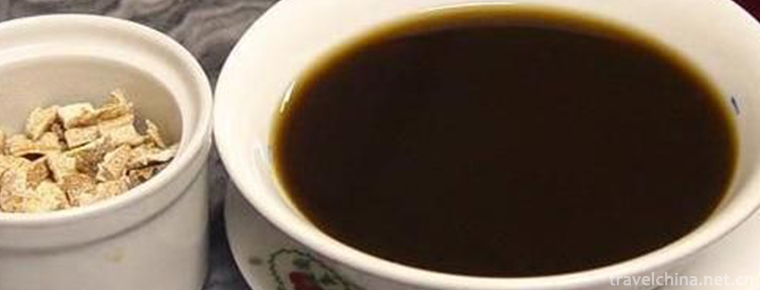
-
Guangdong Marine Silk Road Museum
The Guangdong Marine Silk Road Museum is located on the "Shili Silver Beach" of Hailing Island Experimental Development Zone, Yangjiang City, Guangdong Province. The total construction area .
Views: 120 Time 2019-01-13 -
The Old Site of Command of 115 Division of Shandong Province Government and Eighth Route Army
The former site of Shandong provincial government and 115 division headquarters of the Eighth Route Army is the headquarters of 115 division of the Eighth Route Army, Shandong Branch of the Communist .
Views: 123 Time 2019-02-08 -
Baxian longevity noodles
Make it with Udonghua noodles. With turtle, old turtle boiled soup, turtle has a nourishing role, old turtle represents longevity. Take shrimp, squid, sea cucumber, black fish balls.
Views: 174 Time 2019-03-27 -
Beipiao Folk Stories
Beipiao Folklore is a local folk literature in Liaoning Province. It includes eight categories: folklore, character legend, fantasy story, life story, animal and plant story.
Views: 170 Time 2019-04-04 -
Bouyei costume Guizhou Province
As a material and cultural phenomenon, the production and change of Buyi costumes are always in line with the social and economic development. .
Views: 171 Time 2019-04-04 -
Tibetan drama
The Tibetan name of Tibetan opera is "Aguiram", which means "fairy sisters". According to legend, Tibetan opera was first performed by seven sisters. The content of the opera is mo.
Views: 135 Time 2019-04-05 -
Ewenki Folk Songs
Ewenki folk songs are beautiful and beautiful, with unique style. People are improvised and sing improvised lyrics. Pastoral songs and hunting songs show the brave and simple.
Views: 282 Time 2019-04-28 -
Kazakh Aytes
Kazakh Aytes is a typical representative of Kazakh folk art, a competitive form of performance, is the most abundant content of Kazakh folk oral literature, the most influential literary type among th.
Views: 230 Time 2019-05-02 -
Miaos Rock planting Custom
Traditionally, the Miao people have a kind of public deliberation and legislative activities called "burying rock" (also known as "planting rock". When burying rock, they bury a re.
Views: 193 Time 2019-06-05 -
Deng Xiaoping
Deng Xiaoping (August 22, 1904 -1997 February 19th), formerly known as Deng Xiansheng, the scientific name of Deng Xixian, Guang'an, Sichuan. Go to Europe early Work study program After his return, he.
Views: 330 Time 2019-09-07 -
Main scenic spots in Meishan
Jiulongshan Forest Park is located in the southwest of Sichuan Province, in Yangchang Town, Danling County, Meishan City, about 20km away from Danling county. It covers an area of 380 hectares, including 100 hectares of core scenic area. The a.
Views: 149 Time 2020-12-18
